#FuelEconomyStandards
Biden Fuel Rules Unveiled, Will Exceed Obama's Goals
The Biden administration is proposing a return to the Obama-era fuel-economy regulations over five years.
After that, the rules will get tougher, with the goal of getting 40 percent of American drivers into electric vehicles.
Biden's EV Strategy is More Stick Than Carrot
There are competing philosophies when it comes to shifting the market to electric vehicles.
There’s the free-market philosophy, which says the market will get there on its own. There’s the incentive philosophy, which suggests incentivizing consumers will accelerate the transition away from the internal combustion engine. Consider that one to be the carrot approach.
Finally, we have the philosophy that if regulations don’t force automakers to make more EVs, they won’t, at least not quickly enough to address climate change. The free market and/or incentives won’t be enough. Consider this to be the stick.
Guess which philosophy President Joe Biden seems to be embracing?
Donald Trump is Wrong About Fuel Economy and Safety
President Donald Trump has consistently defended his administration’s attempts to roll back Obama-era fuel-economy standards by complaining that building cars with better fuel economy in mind makes them less safe and more expensive.
He brought it up again during the presidential debate last night.
This is, to be quite frank, bullshit.
Will Trump's Fuel Economy Rollback Cost Jobs?
Center-left political/culture magazine The Atlantic dropped an interesting piece onto the Web Tuesday. In it, author Robinson Meyer lays out a case, based in part on the Trump administration’s own writings, that the fuel economy rollback approved in late March will actually cost jobs and reduce the amount Americans drive.
Meyer piggybacks off his previous reporting, suggesting the Department of Transportation froze out the Environmental Protection Agency and the state of California while working on the rollback. He further suggests, by citing passages from the 2,000-page report the administration prepared on the rollback (officially dubbed Safer Affordable Fuel Efficient Vehicles, or SAFE), that 13,500 automotive-related jobs will be lost.
Trump Officially Nominates Andrew Wheeler to Head the EPA
President Donald Trump nominated Andrew Wheeler as administrator of the Environmental Protection Agency on Wednesday, setting him up to permanently fill a position he’s already occupied since July.
Trump praised Wheeler in November his “fantastic job” as acting administrator of the EPA following the July 2018 resignation of the agency’s former scandal-ridden head, Scott Pruitt. This month, the president submitted Wheeler’s formal nomination to the Senate. There’s still a ways to go before the ex-lobbyist’s confirmation, though, as the Senate will no doubt be critical of his relatively recent ties to the coal industry.
Endless Pressure and Public Scandal Leads to Pruitt's Resignation as EPA Head
Environmental Protection Agency Administrator Scott Pruitt, who spearheaded the Trump administration’s initiative to roll back Obama-era fuel economy standards for light vehicles, has resigned. Even after assuming the position, Pruitt remained a tough sell as head of the EPA. His stance on climate change was uncharacteristic of any modern-day environmentalist and he seemed utterly bent on corporate deregulation to bolster profits and stimulate the economy.
Then came a flurry of scandals stemming from frivolous spending habits, improper use of authority, and possible business ties that would inhibit his ability to act in an unbiased manner. Numerous federal investigations were launched into these matters.
While a number of the impropriety claims came from political opponents actively hunting for gaps in his armor, let’s face it, Pruitt hasn’t been making things particularly difficult for them.
Gabbing on Gas: White House and California Still On Speaking Terms
Despite the growing animosity, both California and the Trump administration are still willing to discuss the country’s changing emission regulations. The state is currently heading a lawsuit against the Environmental Protection Agency, claiming it “acted arbitrarily and capriciously” in overturning the previous administration’s decision to maintain Corporate Average Fuel Economy standards.
While the proposals issued by the current administration will eventually see those targets rolled back, a final decision has not been made. The White House claims it wants to maintain an open dialogue with the Golden State, hoping to reach an agreeable solution, but the California Air Resources Board has argued it doesn’t seem to be acting on those assertions. Meanwhile, EPA head Scott Pruitt maintains that the state will not dictate federal fueling rules as automakers beg the government to do everything in its power to ensure a singular national mandate.
It’s an ugly situation, which makes news of a new round of meetings all the more surprising.
EPA Head Defends Fuel Economy Rules, Industry Ties On Capitol Hill
Environmental Protection Agency chief Scott Pruitt spent the majority of his Thursday being raked over the coals by the House Energy and Commerce subcommittee before a second (even uglier) exchange with the House Appropriations subcommittee. The majority of the time was spent addressing concerns surrounding Pruitt’s expenditures — things like unnecessary first-class travel, a $43,000 soundproof phone booth, and his 24-hour security team. There were also discussions about alleged death threats against Pruitt and EPA staff, his overall conduct, and even a little bit on environmental policy.
Those discussions, however, saw some subcommittee members accuse Pruitt of championing the profits of oil companies and automakers over the wellbeing of the planet. The EPA head spent the duration of Thursday defending his actions, including planned regulatory rollbacks on fuel economy. He also supported the automotive industry’s proposal to abolish 87 octane and replace it with 95.
As ugly as the day was for Pruitt, Republicans occasionally hopped on the mic to gently support him. Rep. Kevin Cramer of North Dakota said, “I think the greatest sin you’ve done is, you’ve actually done what President Trump ran on.”
America's Gas War Begins
Now that the Environmental Protection Agency has officially confirmed its intent to roll back Corporate Average Fuel Economy (CAFE) standards, the opposition has kicked things into high gear, mobilizing for the coming battle.
In one corner you have the White House and EPA Administrator Scott Pruitt seeking lowered emission mandates. They claim the Obama administration created unfeasible fueling regulations, noting that the public regularly opts for less-efficient trucks and SUVs and largely ignores the purchase of electric vehicles. In the other corner you have a handful of Senate Democrats, environmental groups, and a bunch of blue states led by California lawmakers. They all say the preexisting rules are not only feasible, but essential for the good of the nation.
If you’re wondering which side of the highly partisan issue is correct, we’d argue it has almost everything to do with your point of view. Both sides can make a fairly strong case, and will do just that as the battle heats up. Fortunately, this may not end up being a legitimate civil war — if the California Air Resources Board (CARB) is to be believed.
Triumph or Tragedy? EPA Officially Sides With Automakers on Fuel Economy Rollback
It looks as if the United States will find out if softened fuel economy targets will transform the domestic market into a haven for automobiles with exquisite powertrains or an antiquated dinosaur with garbage cars making use of old, pollution-friendly tech.
As predicted, the Environmental Protection Agency officially announced its intent to roll back Corporate Average Fuel Economy (CAFE) standards this week. On Monday, EPA head Scott Pruitt indicated his agency would begin the formal regulatory process with the Department of Transportation’s National Highway Traffic Safety Administration (NHTSA) to lower the existing MPG rules.
For the most part, Pruitt avoided diving deep into the NHTSA’s past claims of larger vehicles being safer and the manufacturing pitfalls associated with rushing cutting-edge technology to market — two issues we expected to be addressed. Instead, he left the announcement rather basic by stating the Obama-era rules were “not appropriate and should be revised.” The cornerstone of the EPA’s argument is that Americans simply aren’t buying more efficient automobiles, despite their current availability, and automakers have grown concerned with meeting CAFE standards after 2022.
“The Obama administration’s determination was wrong,” Pruitt said in a statement. “Obama’s EPA cut the midterm evaluation process short with politically charged expediency, made assumptions about the standards that didn’t comport with reality, and set the standards too high.”
EPA Readies Rollback of Fuel Efficiency Regulations
Rumors are flooding in that U.S. Environmental Protection Agency Administrator Scott Pruitt will sign a declaration upending the Obama-era fuel economy regulations any day now. New details have emerged claiming Pruitt plans to visit a Chevrolet dealership in Virginia to publicly condemn the existing 2025 targets as unrealistic. Reportedly scheduled for next Tuesday, the EPA head will be accompanied by groups representing both automakers and car dealers.
California is going to be furious.
It's Gonna Be a Showdown: EPA Head Says California Won't Drive U.S. Fuel Regulations
The Trump administration’s chief environmental regulator claims the Environmental Protection Agency will not pursue stricter fuel economy mandates after 2025. EPA Administrator Scott Pruitt also said California won’t call the shots for the rest of the country just because it can set its own rules on emissions.
“California is not the arbiter of these issues,” he said. Currently, California and 16 other states have pledged to maintain Obama-era emission when federal regulators decide to roll them back “but that shouldn’t and can’t dictate to the rest of the country what these levels are going to be,” according to Pruitt.
Stick that in your tailpipe, one-third of America.
Review: 2013 Land Rover Range Rover Evoque (Video)
Land Rover and Jeep are the original go-anywhere brands and the brands most resistant to losing sight of their hard-core mission. Unfortunately this focus can’t shelter them from the need to meet evermore stringent emissions and fuel economy standards. What’s an iconic sub-brand like Range Rover to do? Dress up a small cross over in high-fashion bling for the urban set. This presents today’s question: does the Evoque dilute the off-road brand or is it an extension into uncharted waters?



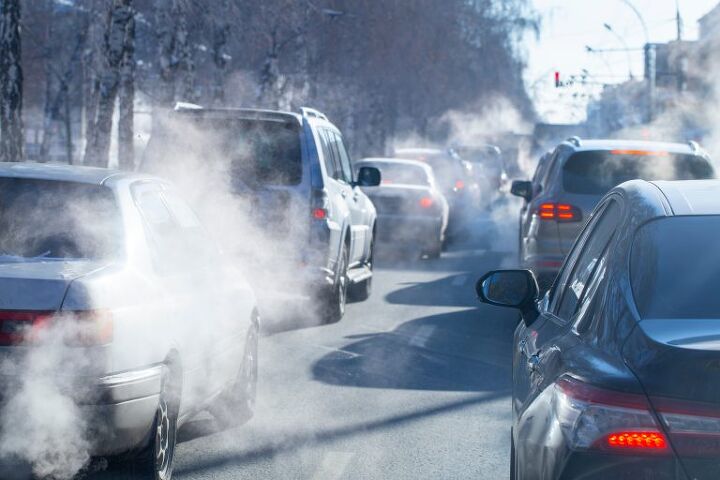
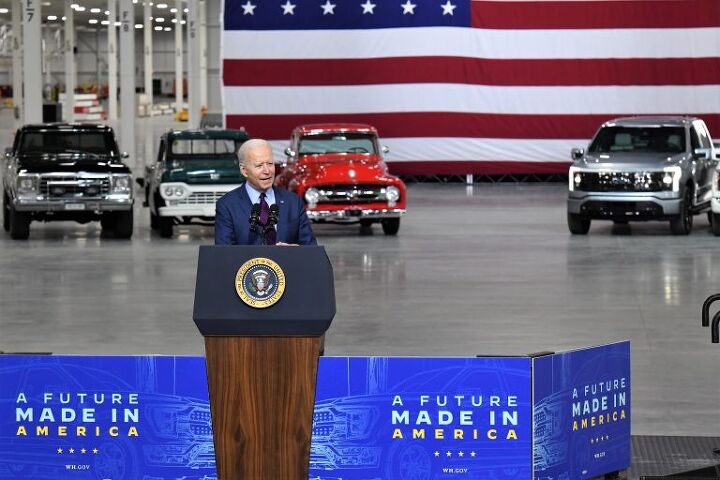
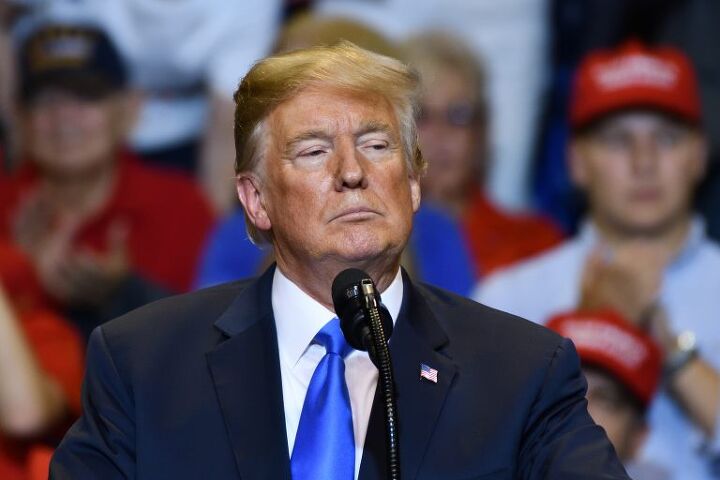


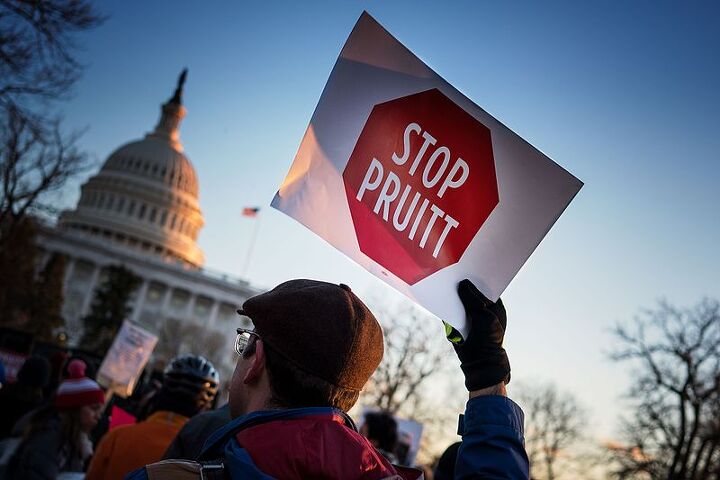

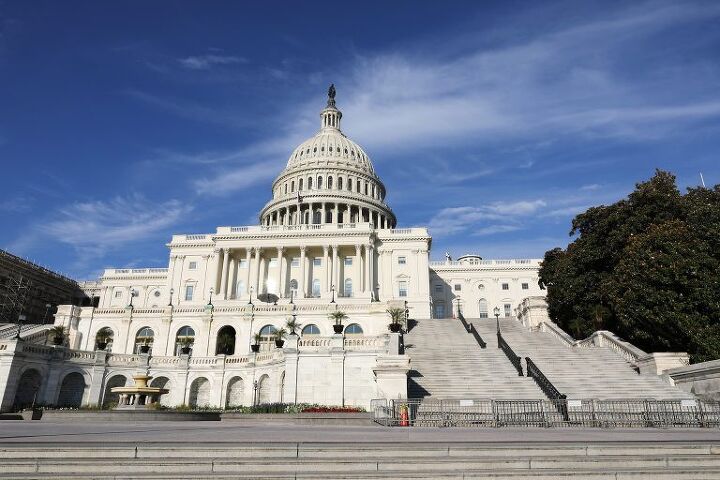

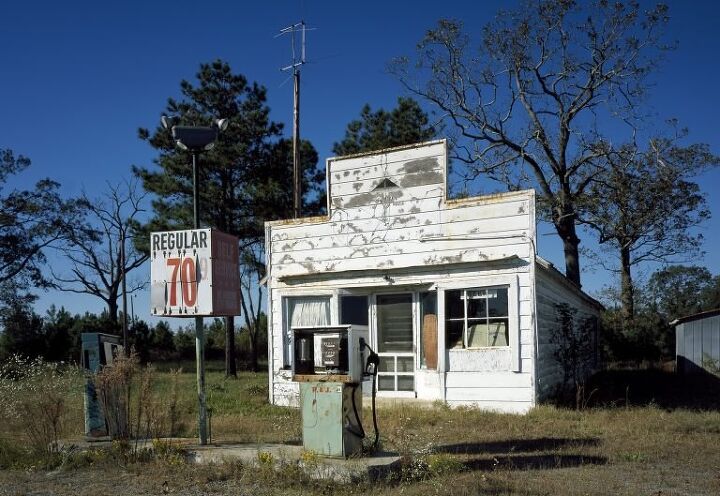


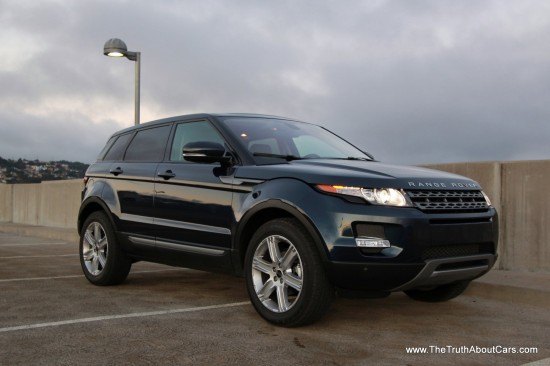












Recent Comments